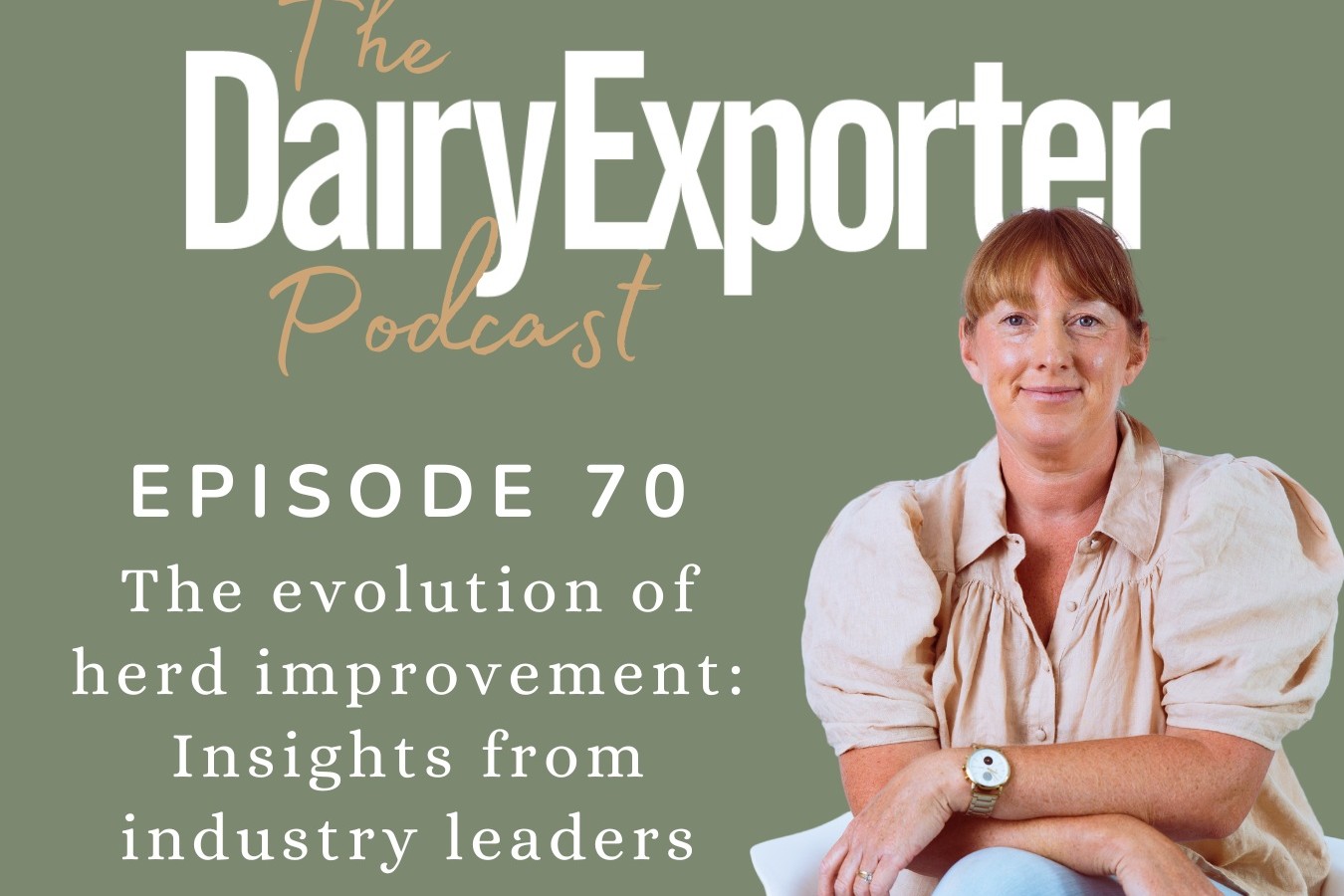Episode 26 – How would changing GE regulations benefit New Zealand?
With changes to gene editing regulations being signalled by the government, it’s time to have the conversation on why and how this would benefit New Zealand growers, and the general public.
But according to a survey 26% of growers don’t know how they feel about a change in regulations, which begs the question – are we having the right conversations about what gene editing means?
Guests include:
- Dr Tony Conner, Emeritus Scientist, AgResearch
- Liz Morley, Account Director, Research First
Hosts:
- Sheryl Haitana, Editor, Dairy Exporter
- Anne Lee, Deputy Editor, Dairy Exporter
AgResearch emeritus scientist Dr Tony Conner has been the fact checker for our Special Report on genetic modification (GM) and gene editing (GE). He walks us through our glossary of terms and explains the difference between genetic modification, genetic engineering and gene editing. He’s also stepping us through how gene editing and technologies such as CRISPR work.
Tony Conner says it’s important the current regulations are updated because they are no longer relevant to the new techniques. Gene editing can now allow more precise breeding techniques to be used, but that’s being restricted under the regulations while less precise techniques – such as using radiation to cause more random mutations – is not.
Anne Lee also talks to Liz Morley from Research First about our exclusive survey into the understanding and perceptions of farmers and growers on genetic modification and gene editing. It’s the first time farmers and growers have been surveyed on this issue and Liz and her team have compared those views with the recent surveys they’ve done on the general population.
Almost 60% of farmers and growers want the regulations to be changed, according to the survey. Liz Morley says the results from the survey show the level of understanding about the technology is low and there’s a need for more education. Farmers and growers, though, have relatively high levels of acceptance of the technology being used in New Zealand, particularly if it is used to solve environmental issues such as methane emissions.
Read the Dairy Exporter Exclusive Survey results here





